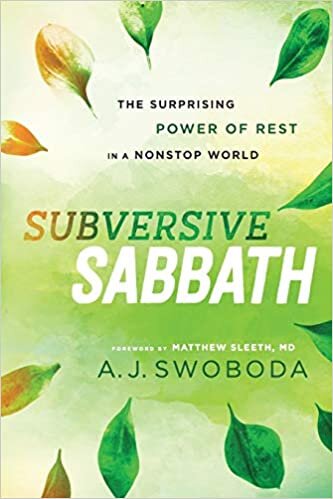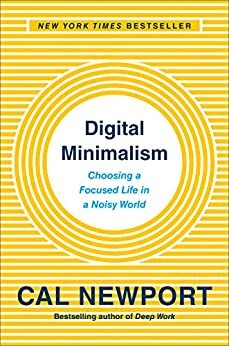The Bible is a library written by God through men that tells a unified story that leads to Jesus. And as God’s people, we want to be guided by His Word and empowered by His Spirit to more fully experience the life and love of Jesus.
Reading, reflecting, and responding are the three basic, crucial steps to ask about any passage of Scripture. To build on that foundation, we ask more questions in each of those categories to more fully flesh out and unpack the passage. This method is known as inductive Bible study because we’re relying on inductive reasoning to understand what we’re reading. Think of it like we’re a detective or an archaeologist; we’re searching for evidence and digging for clues in the text in order to draw out biblical insights, connections, and conclusions.
In this approach, we engage our minds in a more critical approach as we seek to know God through His Word. Part of loving God and experiencing His love comes when we love Him with all our minds, and inductive Bible study helps with that.
Try this method out on 1 John, Ephesians, or the Gospel of John. Take a paragraph at a time.
1. Observation - What does the text say?
We read the text just like we do any text, but we want to go a little further to more fully comprehend what we’re reading. Once you select a passage you want to unpack, here’s a few suggestions:
On a computer, copy/paste the passage into a document and then type out any observations and questions you have of the text.
Print it out in double-spaced text. Then as you’re reading the text, mark up your paper - underlining any words or phrases that pop out to you, putting a question mark over things that seem confusing, etc.
With a journal, have your Bible open and record everything you notice or have questions about
Whatever your approach, the big idea here is that we’re interacting with the text to get a lay of the land. In this stage, you may even want to paraphrase the passage in your own words to help you process or look at other Bible translations to compare.
2. Interpretation - What does the text mean?
In step two, we reflect like we do any text, but now we ask a lot more questions to help us understand what’s going on. We’re trying to unpack the main idea. When starting this step, it will seem daunting at first but will get easier over time if you stick with it.
To help you determine the main idea, do an initial unpacking of the book you’re reading:
What is the genre of the passage - narrative, poetry, a letter, etc?
Who is the author and the audience?
Where is this passage in terms of its redemptive history? Was this text written before Jesus’ life, during, or after? How would that time period impact the text?
You can then ask:
What is the immediate context of this passage? How does this passage fit within the logical flow of the passage and chapter or chapters that came before it?
What words are significant to know about in the passage? A concordance would be helpful.
How does this passage connect to other passages of Scripture? A bible cross reference tool would be helpful.
What questions do you need help answering? A study Bible or commentary will help.
Most importantly, during this step, you want to answer the question:
What does this passage reveal to us about God and people?
Is there an attribute or a promise of God that is highlighted here?
Is there an example to follow or an error to avoid? This is also a good place to cross reference.
Where else in the Bible is this attribute or promise of God highlighted?
Once you’ve arrived at your answers, consult a commentary or two to make sure you’re on the right track, especially if you’re new to this method.
3. Application - What does the text mean to me?
In this last step we reflect; we want to apply this to our lives now. Application, in a sense, is how we love God with all of our strength.
First, we only ask this only after we’ve put in the work of interpreting the passage, that way we don’t come up with a misguided application.
Second, while we are saved by grace through faith, we are expected to apply God’s Word into our lives. 2 Timothy 3:16-17 says the Word of God is designed so that I might be equipped for every good work. In other words, it’s not enough to stop at Bible interpretation; it ought to lead to application. We’re not mining the Bible purely for information, but we’re using that information and asking the Spirit to help us live it out so that it will lead to transformation. 1 Corinthians 13:2 says if I have all the knowledge there is but don’t have love - in other words, I don’t apply it to my life, then I am nothing. Loving God with my mind ought to lead me to love Him with every aspect of my being.
Ask yourself:
What is this passage calling me to do today and how should I pray now?
How does this passage lead you into deeper obedience and love of Jesus? Again, this is a good place to use cross reference.
Where else does the Bible talk about this topic?
This practice is a little challenging at first but if we stick with it, invite others into it, and do the work of getting into God’s Word, we allow the Spirit to get God’s Word slowly into us more and more.







